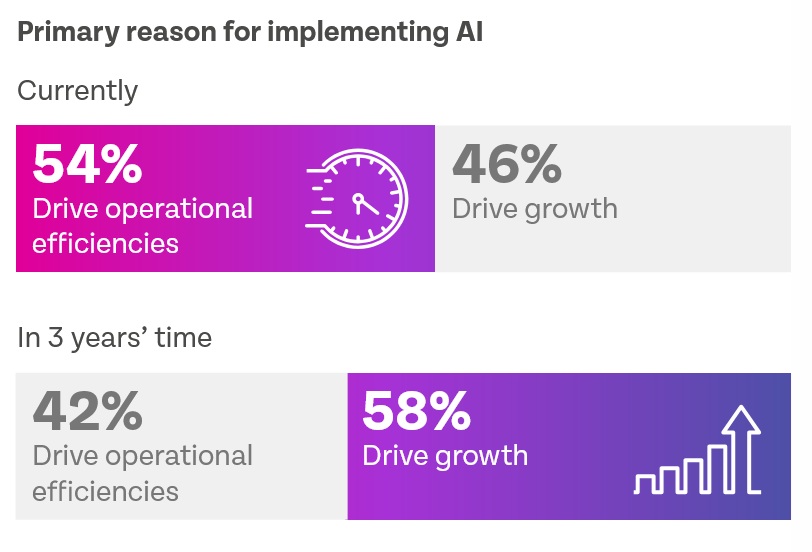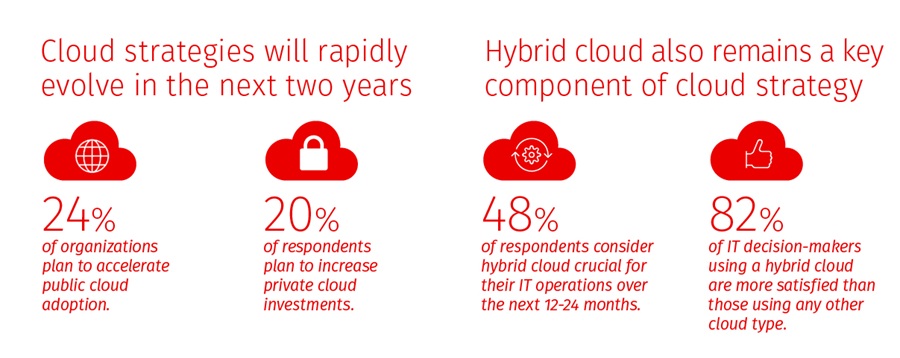
The majority of organizations across Australia and New Zealand (A/NZ) breached over the last year had personally identifiable information (PII) compromised, but most have not yet modified their data management policies, according to the Cybersecurity and PII Report from ManageEngine, the enterprise IT management division of Zoho Corporation.
The survey respondents who had reported their organization experienced between one and five data breaches in the past 12 months said PII was involved in 51% of instances. Despite this, of the respondents who can comment on PII and are aware of major data breaches, the majority (54%) reported either no changes in PII management following the breaches or said they were unaware of any changes. Further, 42% said they have not been advised of their organization's protocols around PII management.
When it came to data categories, 55% of respondents said they store data on past customers, 41% on past employees, 70% on current customers, 66% on current employees and 37% on potential customers.
Vinayak Sreedhar, ManageEngine's country manager for Australia, said the findings highlight alarming gaps in Australia's cybersecurity preparedness. "One year ago, a string of high-profile breaches saw millions of Australians have their data compromised, with identification points traded on the dark web,” he said. "This prompted discussions around the legal right to request the erasure of personal information in company databases. The law is yet to change in Australia and, as this survey indicates, local organizations have not changed their practices."
When it came to cyber resilience, 24% of survey participants who were aware of cyber resilience said their organization either did not have a cyber resilience policy or they were unaware of it. The majority (63%) were also unfamiliar with the Essential Eight, the cybersecurity framework proposed by the Australian Cyber Security Centre that is mandatory at the federal government level, to enhance cyber readiness.
Rajesh Ganesan, President of ManageEngine, said the report underscores the pressing need for stronger cybersecurity measures and more effective PII management strategies among A/NZ companies. "It's imperative that businesses adopt the data protection standards specific to their region, stay compliant, and bolster their cyber resilience to protect not only their own operations, but the sensitive information of staff and customers, both past and present. We hope this report drives home the urgency of these requirements."
Other key findings:
■ Of the respondents that experienced a breach, 73% said it took their organization less than 24 hours after critical systems were taken offline or impacted to recover and restore operations.
■ Of the respondents, 74% said their organization has not paid a ransom to recover data, but 10% indicated they had.
■ Of the 78% of respondents aware of major data breaches in other organizations, 17% of Australian respondents weren't aware of recent major cybersecurity breaches occurring in Q3 2023, while 47% of those in New Zealand were uninformed.
Methodology: Conducted by Sydney-based research and insights advisory firm StollzNow, the study commissioned by ManageEngine surveyed 306 senior IT decision-makers from different organizations in A/NZ, covering topics such as cyber resilience, PII management, cyber practices under hybrid work models, the Essential Eight, malware and ransomware. The study identified key dimensions that require immediate attention by decision-makers and highlighted cybersecurity challenges.


